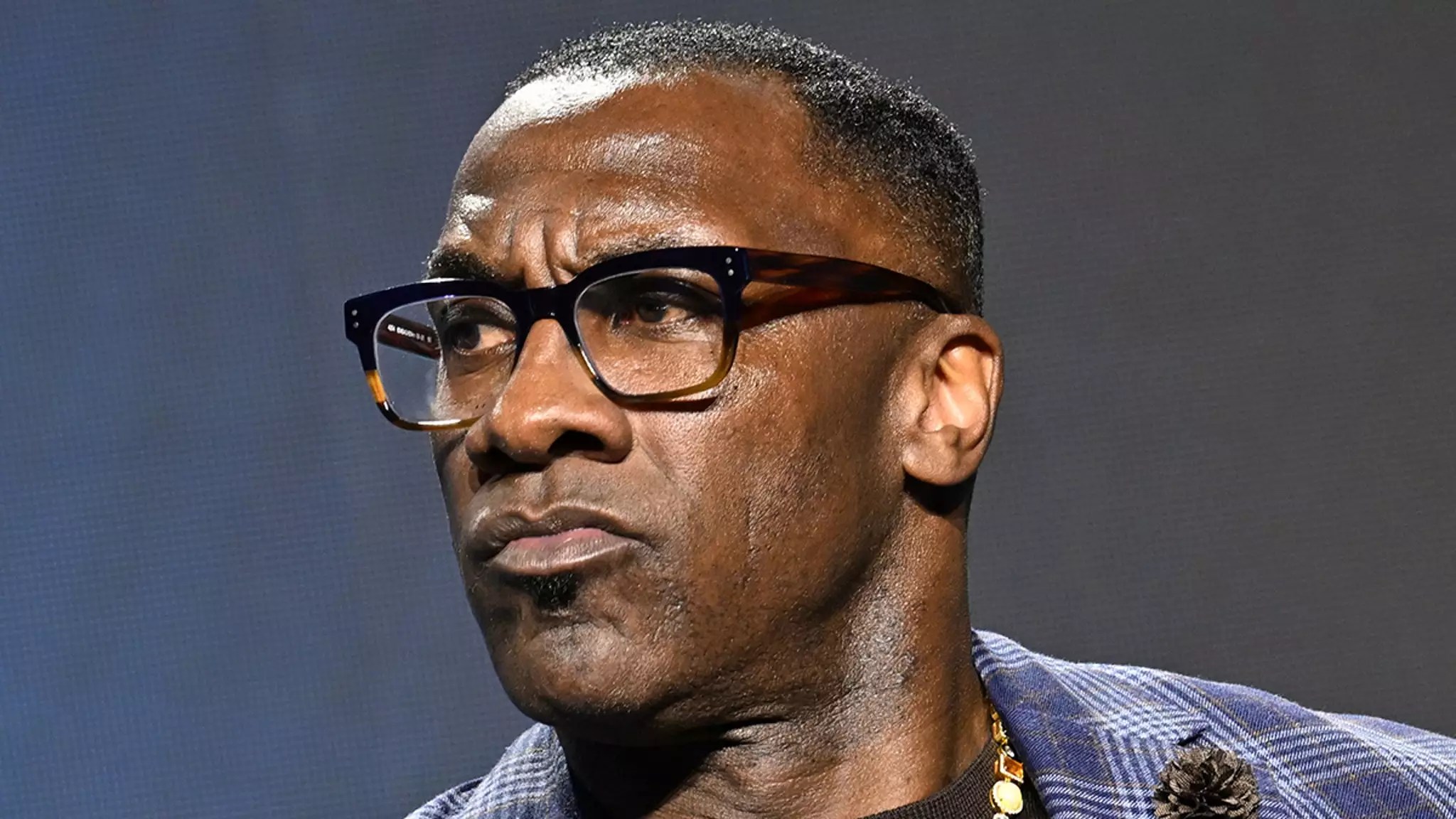The recent allegations against Shannon Sharpe, a prominent former NFL player and sports commentator, cast a dark shadow over the world of sports where power dynamics often blur the lines of consent and abuse. In a lawsuit that emerged from Nevada’s court system, a woman referred to as Jane Doe accuses Sharpe of relentless and brutal sexual assault, claiming that their relationship was marked by manipulation and violence. As society grapples with the complexities surrounding allegations of sexual misconduct against public figures, these claims serve as a sobering reminder of the urgent need for accountability, empathy, and change.
In the lawsuit, filed through attorney Tony Buzbee, Doe describes a tumultuous relationship that began in 2023, when she met Sharpe at a Los Angeles gym at the tender age of 20. The power imbalance was stark—a young woman, still in the formative years of her life, ensnared in the web of a celebrity’s allure. Sharpe, in his mid-50s, allegedly lured her in with promises of gifts and attention, beginning a cycle that she characterizes as controlling and abusive. These scenarios often play out in silence, hidden by the veneer of fame and admiration, leaving victims feeling isolated and powerless within their own narratives.
The Nature of Control and Manipulation
Doe’s account portrays a relationship that transcended typical boundaries, marked by Sharpe’s persistent demands and controlling behavior. Allegedly, he expected her to be available on his terms, creating an environment where her autonomy evaporated. This pattern of control is a familiar story in many abusive relationships, where the lines between affection and dominance are easily blurred. The courtroom drama ignites discussions about the deeper psychological ramifications that such dynamics entail, as survivors grapple with guilt, shame, and fear.
One particularly harrowing incident described in the suit—a confrontation involving a firearm—highlights the severity of intimidation. The mere sight of a gun transformed a domestic space into a theater of fear, trapping Doe in a cycle of dread while trying to seek safety and control through technological means, sharing her location with friends. The emotional toll of these experiences often leads victims to question their worth, their perceptions of reality, and even their courage to speak out.
The Dark Turn: From Love to Violence
Doe’s story takes a horrific turn when she alleged that Sharpe raped her multiple times during what should have been moments of support and intimacy. The first alleged assault occurred when she was in a vulnerable emotional state, crying and pleading for mercy, only to be met with violence and domination. The second incident followed soon after, masked under the guise of delivering gifts, illustrating the sinister way abusers can manipulate moments of supposed joy into avenues for further violence.
This shift from consensual relations to outright violence is a stark reminder of the complexities of abuse, especially when it stems from a relationship that many could perceive as loving or normal. It pushes society to confront uncomfortable truths: what happens when the expectations placed upon love and loyalty become a facade for coercion and assault?
The Importance of Speaking Out
The lawsuit not only seeks significant financial reparations—over $50 million—but also brings to light the struggles faced by survivors in revealing their truth. Buzbee’s assertion that “it takes a great deal of courage to stand up against those with power, fame, and money” resonates deeply within the broader cultural discourse surrounding sexual abuse. Power imbalances often leave victims feeling trapped, their voices smothered beneath the weight of their abuser’s reputation.
As allegations against figures like Sharpe surface, it becomes evident that the larger conversation must shift towards creating an environment where survivors feel empowered to share their stories without fear of repercussion or disbelief. Institutions, communities, and individuals must work collaboratively to foster a culture of listening, understanding, and change.
Survivors deserve not only recognition but also a supportive framework where they can heal from their experiences without further stigma. Conversations sparked by incidents like this one must evolve into actions that advocate for systemic recalibration within sports, entertainment, and beyond, ensuring that those who wield power are held accountable for their actions, promoting a safer, more equitable society for all.







Leave a Reply